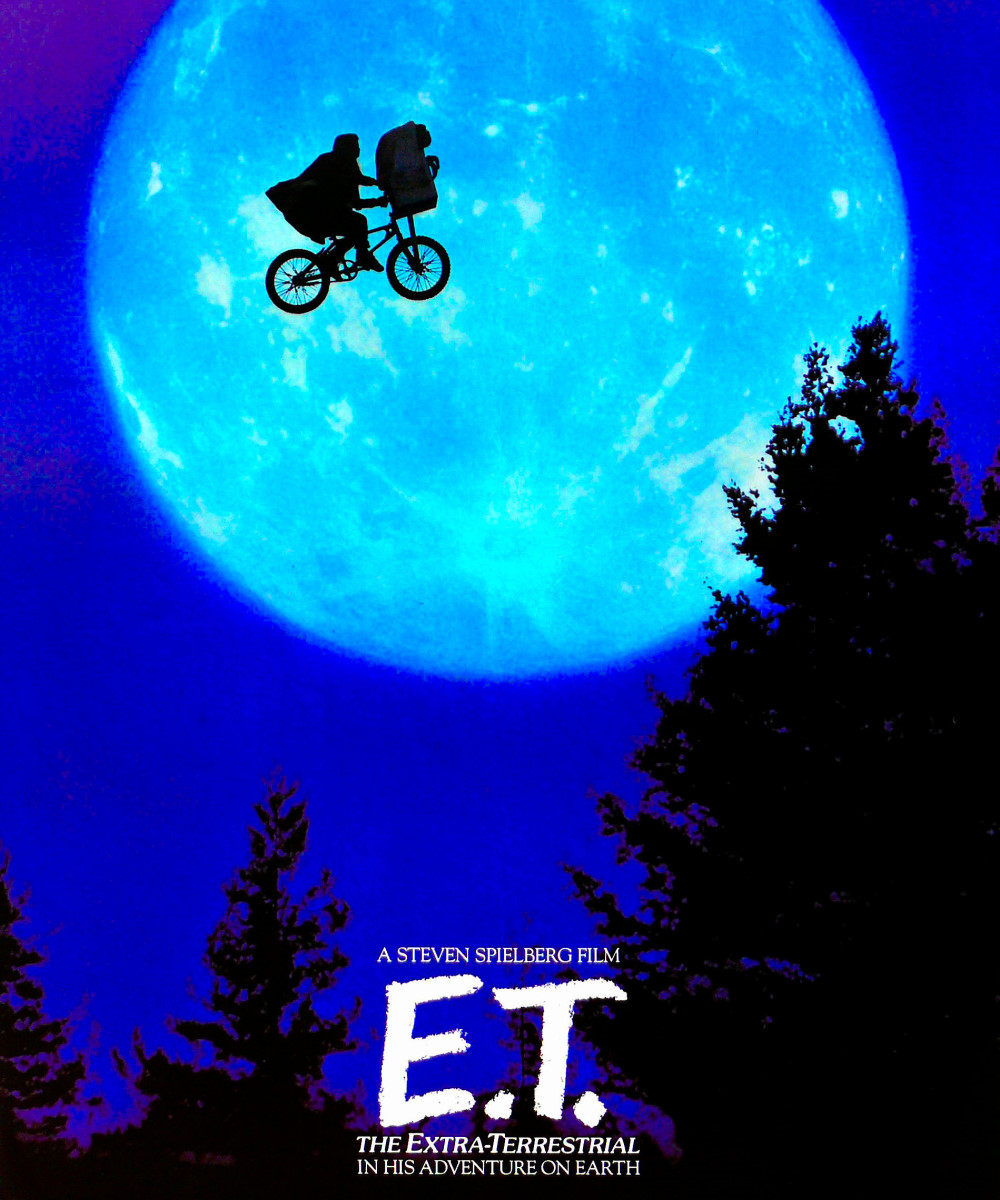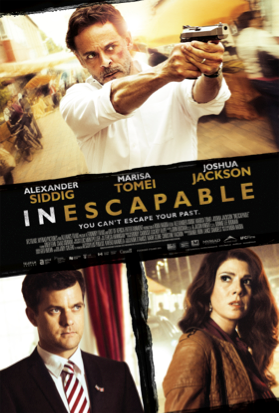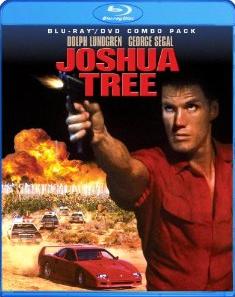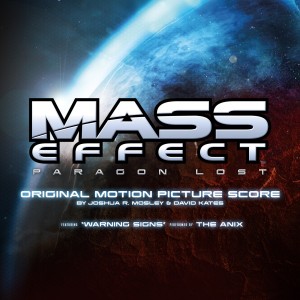David Kates & Joshua Mosley are the composers of Production I.G.’s “Mass Effect: Paragon Lost”, which is an animated prequel to BioWare’s “Mass Effect 3”. The film is being released on Blu-ray/DVD on December 28, 2012 and packs a hell of an epic score. Media Mikes had a chance to chat with David and Joshua about working together on this project and with the “Mass Effect” franchise.
Mike Gencarelli: Tell us about how you two ended up collaborating on “Mass Effect: Paragon Lost”?
Joshua Mosley: Really great to talk with you. Shortly after I was hired on to the film I discovered the music of David Kates – particularly his work on the Mass Effect games. I really dug the way he put together his cues. I reached out and connected through social media. I felt he would be a great collaborator on this film. Soon after we met in person, I invited him to join me on this creative adventure. It was a totally awesome and fun experience working with David.
David Kates: Thanks for including us. We love what you guys are doing, and thrilled to be a part of it. Joshua, I recall, reached out to me through social networking, and mentioned that he had listened to some of my music so I reciprocated and checked out was he was doing, and was really moved by what he was creating. And I say moved, because it’s one thing to be impressed, and another altogether, to be moved. I felt that Joshua’s writing was coming from a very honest place, and I knew I wanted to get to know him. When the opportunity to collaborate on Mass Effect: Paragon Lost came about, I was initially very surprised because at the time, no one knew an animated version of the franchise was in the works. I was thrilled to be included, and fascinated by the potential creativity in bringing what I had composed on the games to the screen with Joshua.
MG: David, How does composing a “Mass Effect” animated movie differ from the video game series?
DK: The mission in composing for the game, particularly Mass Effect 2, was to give each level of the game its own musical identity while keeping the overall quality consistent, but the process is tedious and limiting. One of my favorite levels that I worked on was Garrus because I found him to be a character tormented by his own internal challenges. He wasn’t human, yet he identified with human qualities like compassion, justice, and loyalty. I wanted to bring out his discomfort in this while also accentuating this underlying, almost chemical level need to participate in battle. To achieve this, I had to create short loops that had different layers of content, and those layers would be trigger-based on what the player achieves while playing. It’s very challenging and difficult to really dig into a character’s development this way. In the movie, though, the story is laid out and develops chronologically, and there are so many opportunities to compose themes that you can use to comment on what you see on the screen. In fact, the dramatization of Mass Effect: Paragon Lost is one of the aspects of my collaboration with Joshua that I’m most proud of. I feel we gave the story real dimension, and brought out the real emotion that was written in the script.
MG: Since this is a prequel to the third game, does that pose any issue when approaching the sound?
JM: Sure it does. We definitely wanted to capture the essence of the musical landscape of the Mass Effect games, including elements from all three titles. That sound also had to translate to a big cinematic experience. I think it fits well alongside the games.
DK: We both studied and analyzed the scores from the games to make sure not to leave any identifiable elements out, and we knew we wanted this score to have a cinematic and expansive feel that brings the games to the big screen.
MG: What you were most concerned about when handling the “Mass Effect” universe for the fans?
JM: We definitely wanted the score to fit into the sonic experience of the Mass Effect games and give the fans that same emotional feeling that they got when they played them.
DK: We certainly wanted the score to feel as though it naturally lives alongside the other productions, and were initially concerned how our musical approach would live well with the anime style of animation. Fortunately, the two elements blended successfully and we didn’t have to go back and alter our sound palette.
MG: The film has a very epic sci-fi score behind it, tell us about the inspiration?
JM: Yes, this is a very epic score but at the center of it all is the humanity and the spiritual and emotional journey that Vega embarks on through the film. There are definitely big sci-fi action cues throughout but there is also a very intimate emotional underscore that gives it the depth it needed to support and propel that story.
DK: I would say our inspiration was the spiritual nature we discovered in the story. Joshua and I talked for many hours about what we wanted to achieve, and that included accentuating the underlying humanity of what was going on. James Vega goes through an experience that no one would ever expect to go through in their lives, yet, every one of us can imagine being confronted with making the kind of decisions that could mean the lives of so many, particularly the ones we know and love. We really dedicated ourselves to making sure that this would be the inspiration that motivated every note we wrote in this score.
MG: Tell us what each of you have planned next?
JM: I begin work on a new video game and film in January. I am also in talks on a few other projects of which I cannot disclose any information. Thanks again for having us!
DK: I’ve been fortunate to be participating in The Helfman Institute Composer in Residence program this past year, and I’ve been composing my first Operetta based on the biblical character Miriam. We’re rehearsing it now, and will be performing it in Los Angeles in late January.
Cheers to you and your readers!! Thanks so much and wishing everyone a merry holiday season.





